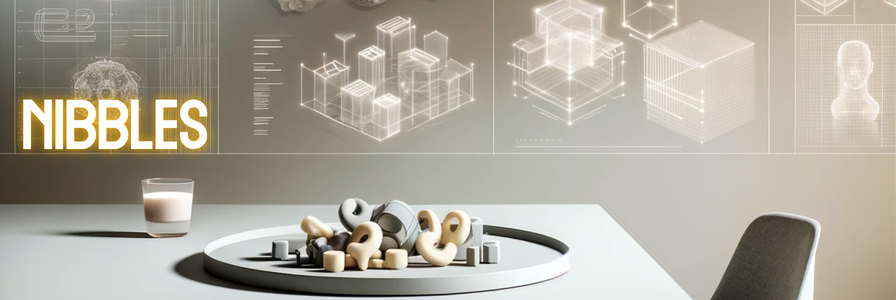Welcome back to AI Hungry, where we cut straight to the latest developments in artificial intelligence. This edition covers a high-stakes legal clash as Reddit sues Anthropic over alleged unauthorized use of user data for AI training, raising tough questions about data rights and ethical model development.
We also examine the growing threat of AI-powered deepfake scams, which are fueling a surge in sophisticated online fraud. Read on for insights into the evolving landscape of AI risks and responsibilities.

Reddit Sues Anthropic Over Alleged Unauthorized Use of User Data for AI Training
Reddit has filed a lawsuit against Anthropic, claiming the AI company illegally scraped Reddit posts to train its Claude language models without permission. Reddit alleges Anthropic ignored its user agreement, bypassed technical safeguards, and failed to use Reddit's compliance tools, putting user privacy and company interests at risk.
Reddit is seeking damages, a court order to delete all AI models trained with Reddit data, and an end to Anthropic's commercial use of these models. The lawsuit highlights that other companies, like Google, pay for Reddit data, while Anthropic allegedly did not, raising concerns about data protection and fair business practices.

Deepfake Scams Surge as AI Tools Make Online Fraud Easier Than Ever
Online scams are becoming more sophisticated with the rise of AI-generated deepfakes. Scammers now use realistic fake faces and voices to trick people in real time, making it harder to spot fraud. These deepfakes are used in romance scams, fake job interviews, and even large-scale financial crimes, such as a $25 million theft in Hong Kong. The technology to create convincing deepfakes is now widely available, lowering the barrier for scammers to target anyone with images or audio online.
Experts warn that current technology cannot reliably detect all deepfakes, so people need to be extra cautious. Studies show that taking a few extra seconds to examine images or videos can help spot fakes. As deepfakes become more common, public awareness and skepticism are key defenses against falling victim to these scams.


🤖 AI Takes the Lead in Startup Coding, Redefining Silicon Valley Roles. Startups in Silicon Valley are increasingly using AI to write most of their code, shifting the focus from traditional coding skills to creative ideas. Founders now spend their time guiding AI, even creating virtual team members, changing how teams are built. (Link)
🧬 AI-Powered Hackers: The Next Big Cybersecurity Threat. AI is making it easier for both skilled hackers and beginners to launch cyberattacks, with tools that can write and adapt malicious code quickly. While AI isn\'t fully autonomous yet, experts warn that it could soon enable large-scale, fast-moving attacks. (Link)
🧩 Mistral AI Unveils Customizable Coding Assistant for Enterprises. Mistral AI has introduced Mistral Code, a coding assistant aimed at businesses needing secure, customizable, and integrated support. It combines four AI models, supports over 80 languages, and offers flexible deployment options. Major companies are already testing it. (Link)
🔍 Perplexity Aims to Redefine Search with AI, Despite Challenges. Perplexity, an AI-powered search tool, is positioning itself as a major alternative to Google. Despite facing copyright lawsuits and criticism for accuracy issues, the company is expanding through partnerships with Motorola and PayPal, focusing on user-friendly AI assistants. (Link)
🎲 Demis Hassabis on the Race to Build Human-Level AI and Its Global Impact. Demis Hassabis, head of Google DeepMind, believes artificial general intelligence could arrive within a decade, transforming society with breakthroughs in science and productivity. He stresses the need for smart regulation and international cooperation to manage risks and ensure AI benefits everyone. (Link)
🦉 Meta Unveils Advanced Aria Gen 2 Research Glasses with Smarter Sensors. Meta has detailed its Aria Gen 2 research glasses, which feature four upgraded cameras, new sensors for heart rate and voice detection, and on-device AI processing. The glasses offer improved depth, lighting adaptation, and precise tracking for research and AI development. (Link)
🧩 Neuralink Raises $650 Million to Advance Brain-Computer Implants. Neuralink has secured $650 million in new funding, boosting its valuation to $9 billion. The company is expanding clinical trials for its brain implants, which help people with paralysis communicate and control devices using their thoughts. Competitors are also making progress. (Link)



